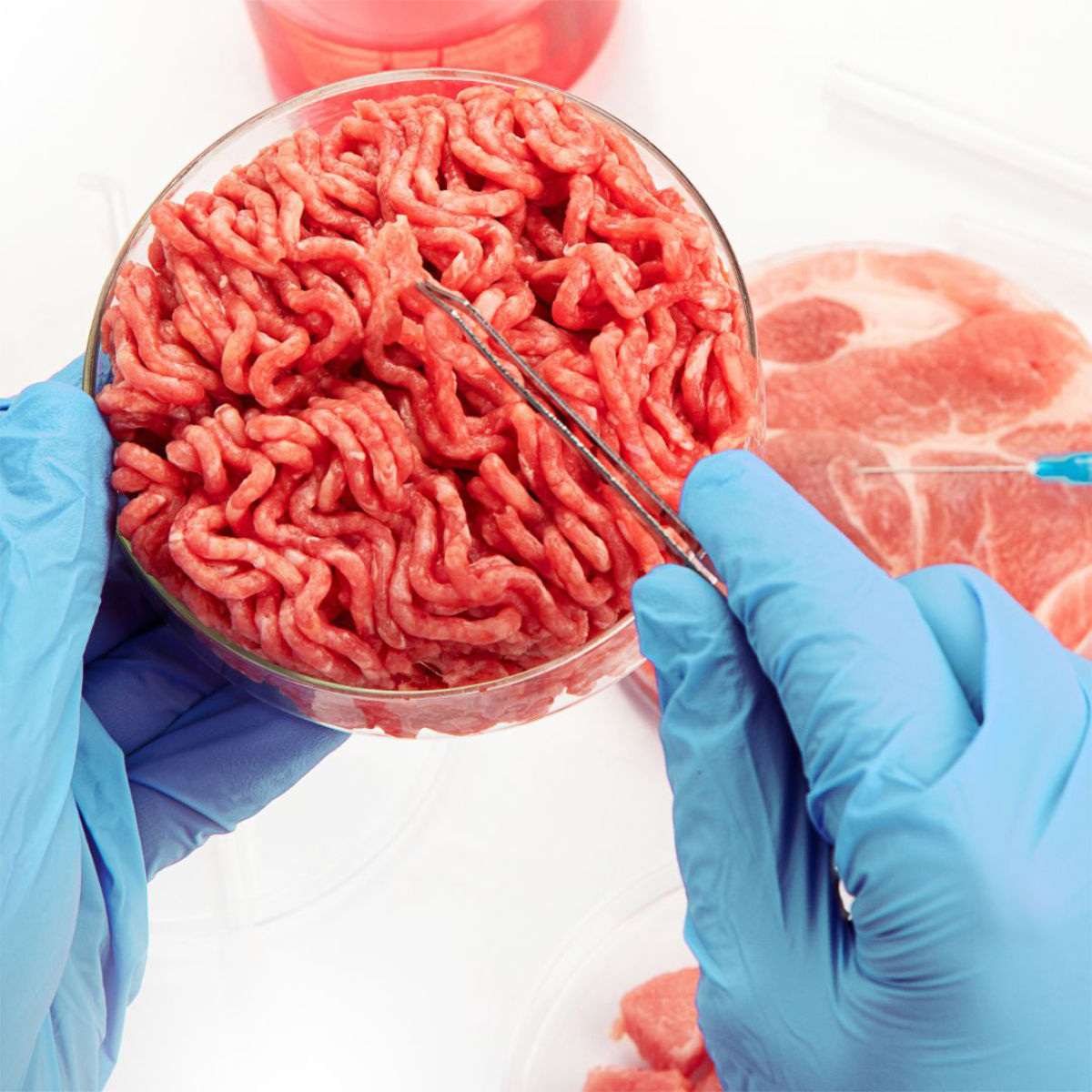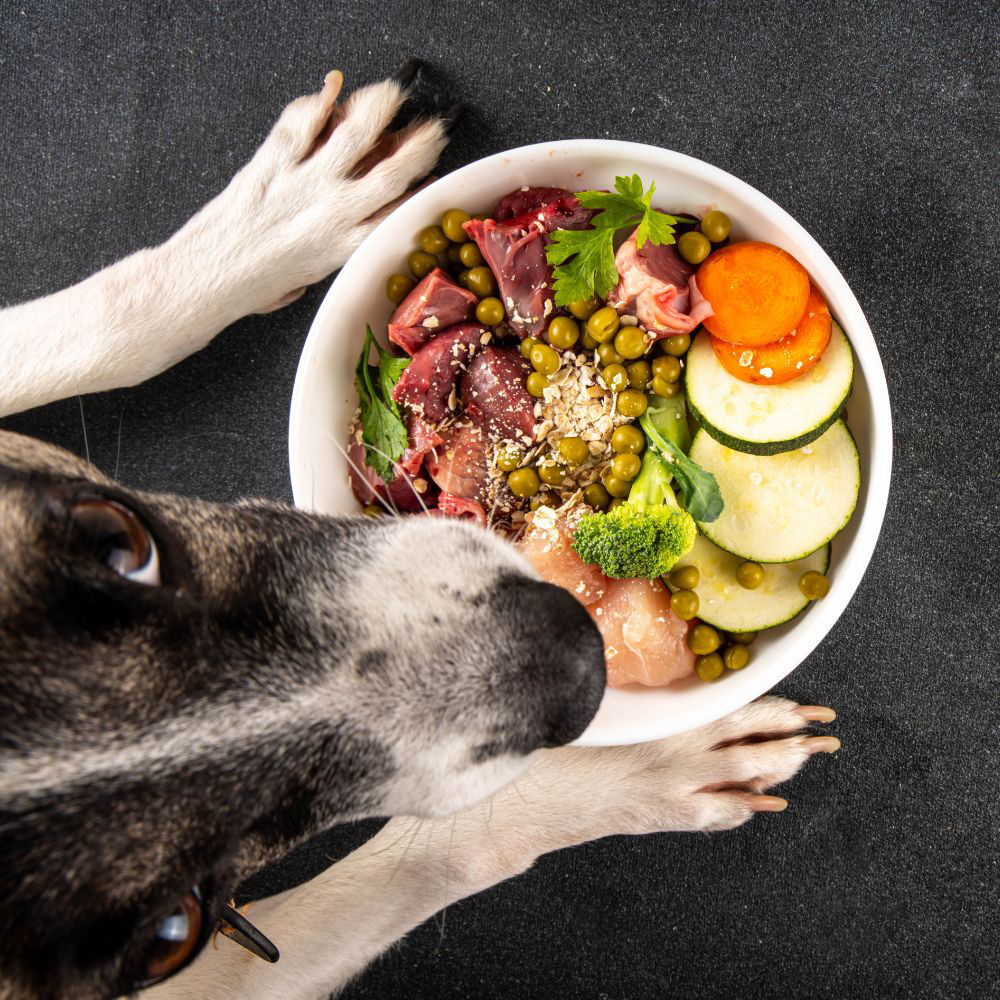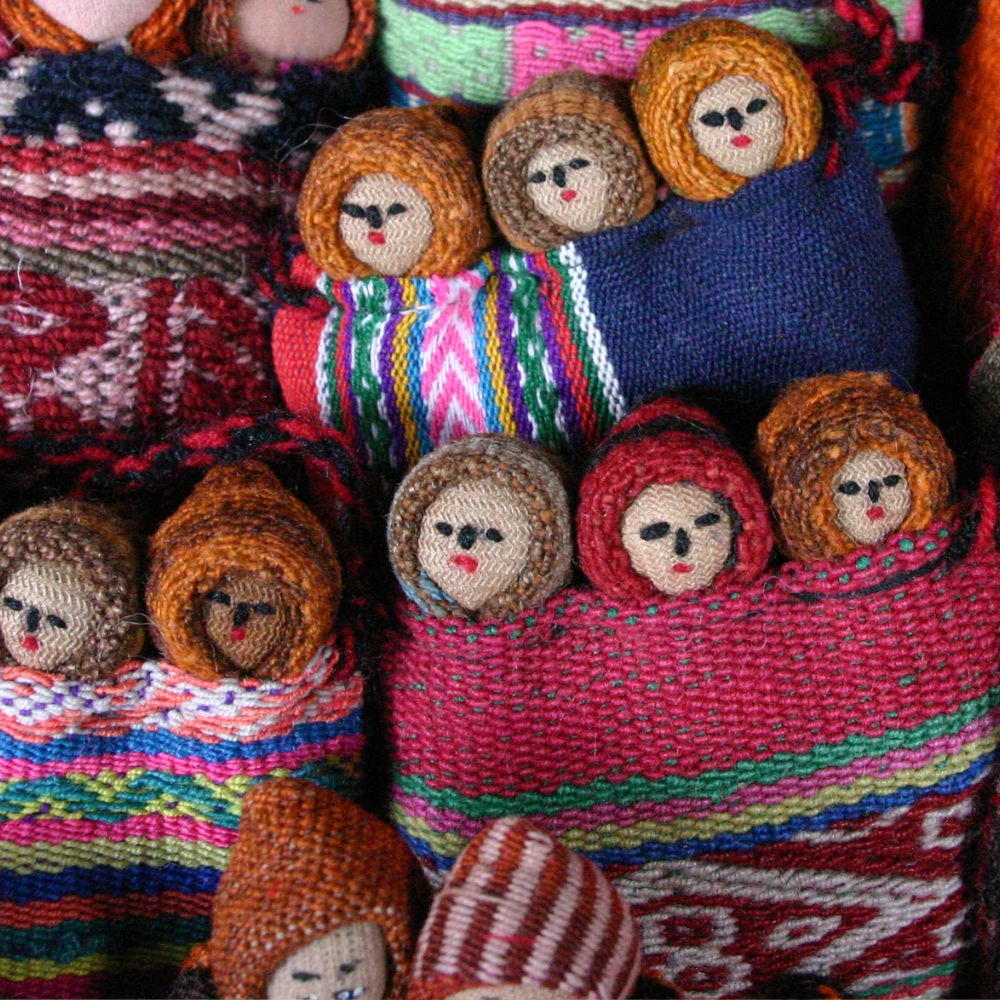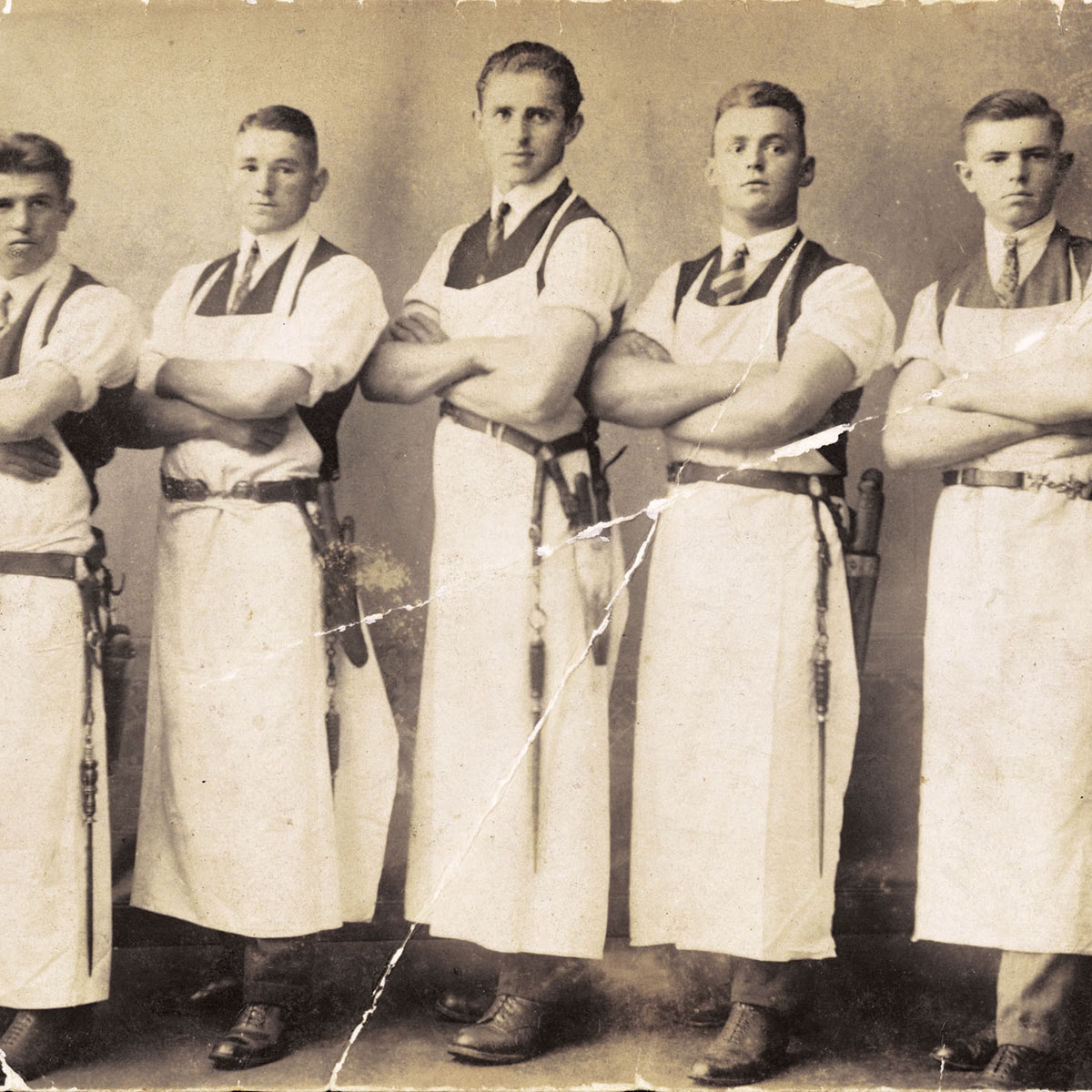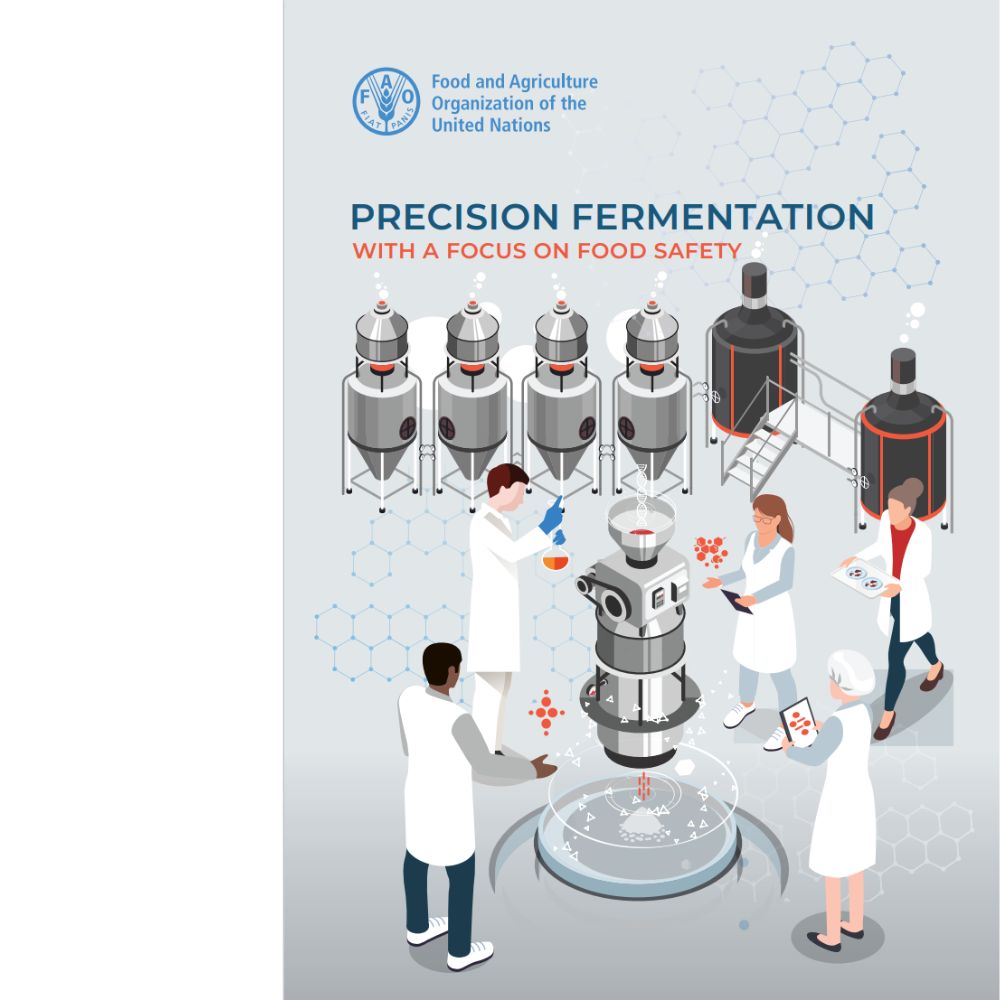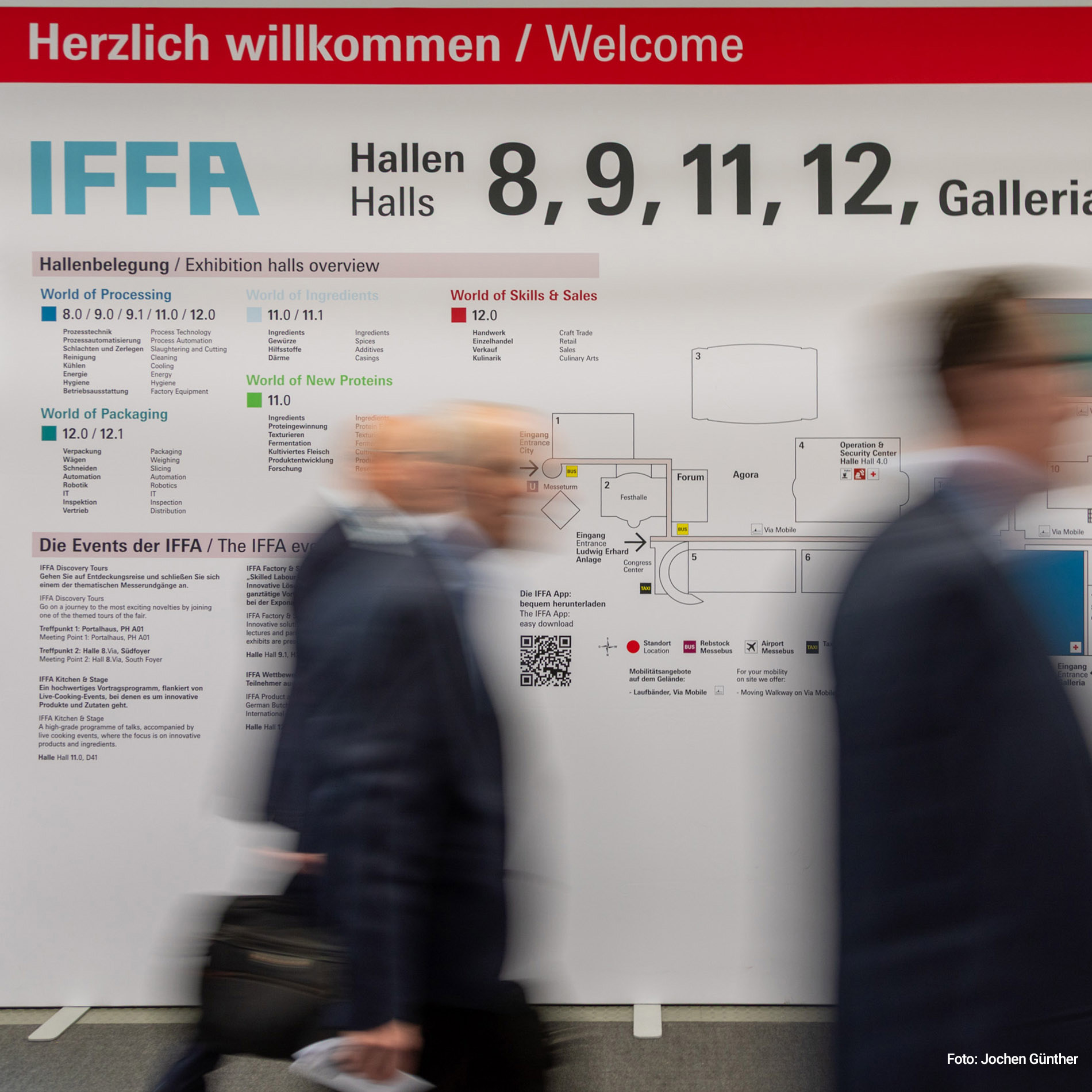Reading time: 4 minutes
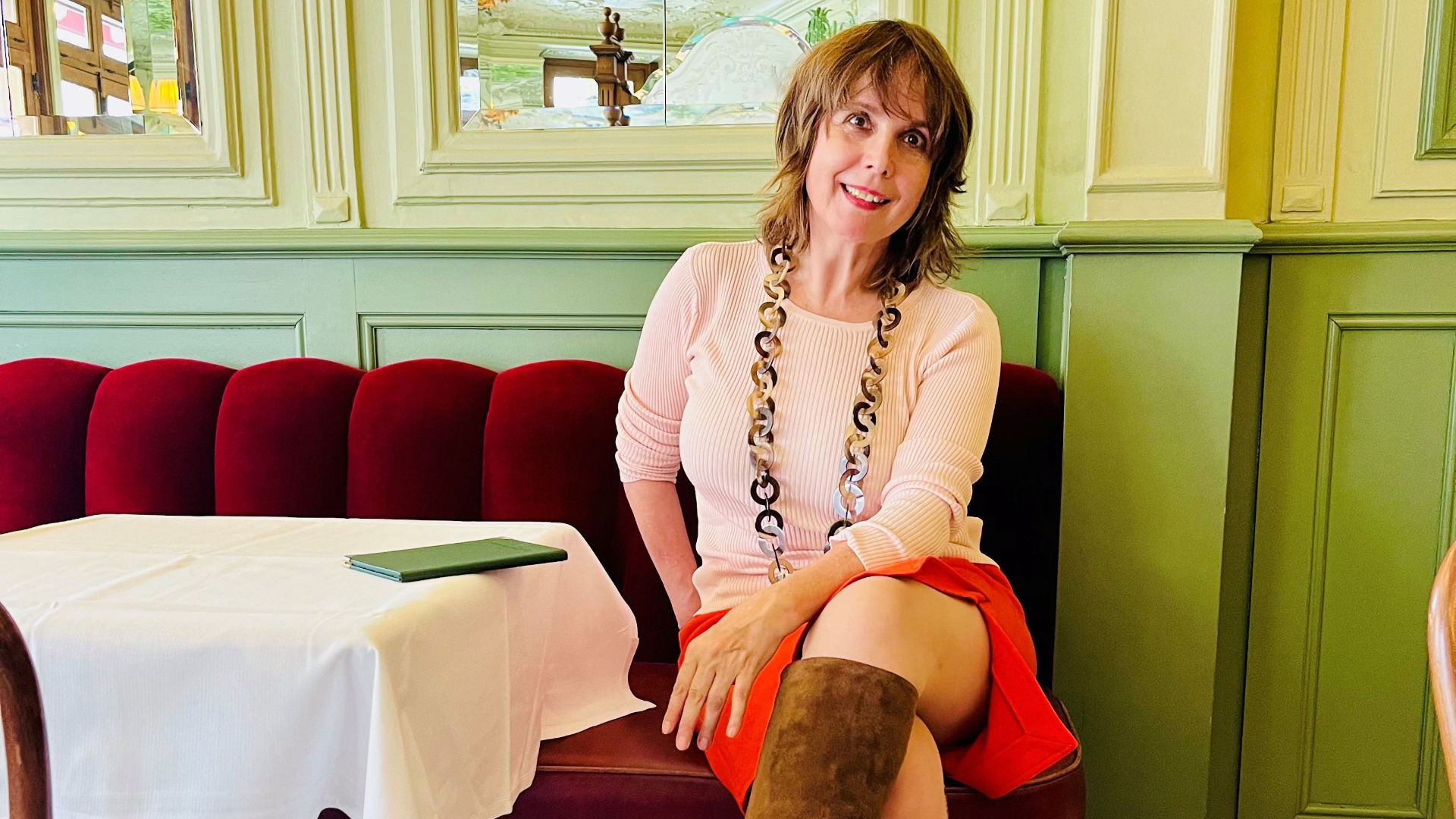
In your book, you describe eating habits and culinary delights in their historical dimension. How attached are humans to meat?
We are less attached to it than we think. After all, we are creatures of freedom who thirst not only for pleasure but also for independence. We are not dependent on meat, because from a purely functional perspective, its vital and satiating components such as proteins can be replaced by plant-based ones. It is much more a matter of individual and social orientation. We have the choice of whether, how and to what extent we eat meat. Our diet is also an expression of democratic achievements and civil self-understanding.
For reasons of climate and population growth, animal meat seems to be a product that is on its way out. But how far has society really come in this transformation?
Unfortunately, humans are creatures of habit and often forget that change is not only about work, but also about the promise of pleasure. It is worth taking a look at history to see that there have been courageous people before us who have broken with their routine and found pleasure in the power of change.
“A desire for hearty food – and health-conscious dishes. These have always been the two poles of nutrition.”
According to your expertise, has there been a comparable change in history?
With the first restaurants at the time of the French Revolution, two trends developed that also characterise our present day: a desire for hearty food and health-conscious eating. Legend has it that a certain Mr Boulanger invented the first restaurant. He wrote over the entrance: Ego restaurabo vos. I will restore you, and I will do so with mutton trotters in white sauce, for example. Not necessarily easy to digest [laughs], but it must have been a treat for the taste buds of the guests at the time. That was the sumptuous version!
His competitor Mathurin Roze de Chantoiseau, on the other hand, called his restaurant ‘House of Health’ and offered tasty broths. The Swiss doctor Samuel Auguste Tissot also advocated a return to nature. In his 1771 work ‘On the Diseases of Noble and Wealthy Persons at Court and in Large Cities’, he called on the nobility to renounce an unhealthy lifestyle and to consume meat, sugar, and stimulants such as coffee, tea, and alcohol only in moderation. Meat has been criticised time and again. However, there was no moderation. It was either damned or idolised with such rigour. Today, however, new research findings and mature nutritional debates have given us a clearer view of how we want to deal with meat consumption.
“Today, nutritional research has given us a much clearer view of how we want to deal with meat.”
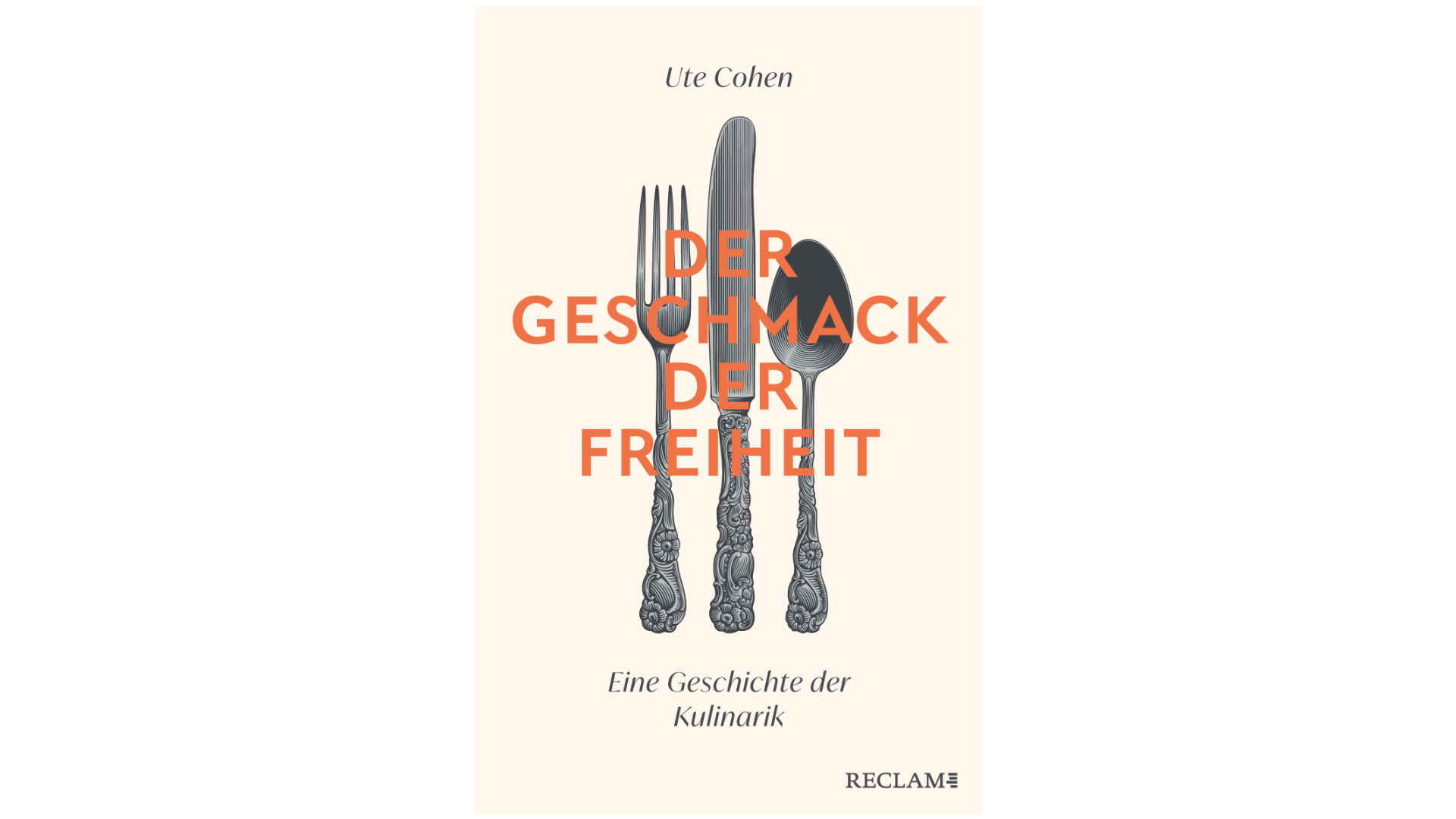
In the last twenty years, naturalness and regionality have been important criteria for food. With the advent of meat substitutes, a whole wave of highly processed and synthetic foods is coming onto the market. Is this compatible with the idea of ‘culinary art’?
That depends entirely on our creativity. I like what Hervé This, one of the founders of molecular gastronomy, says about cooking: cuisine is ‘love, art and technique’. Not regarding technique as something repulsive, but as part of a delicious triad, would be a good start. Our idea of nature in Germany is very romantic and also distorted. Nature and art are less opposed than we believe, as our nature itself is already domesticated and shaped by human hands. Less hostility towards technical innovations could also fuel creativity. However, the ethical aspect still remains to be addressed. Projects such as Beyond Meat with lab-grown vegetable burgers or in vitro meat are making progress, but there are still some issues to be resolved. After all, fetal calf serum was previously needed to produce lab-grown meat. The unborn animals die during this procedure. Painless consumption is still a long way off.
Why does it have to be a meat substitute that, for example, reconnects children with the ‘myth of meat’, as critics claim?
First of all, I would question whether it is a myth at all. Rather, meat is part of our culinary heritage, but it is not overburdened with symbols or even unearthly associations. Feelings, however, as well as cherished memories and traditions play a role. And here I agree with Alexis de Tocqueville: societies cannot be explained by laws, but by ‘feelings, beliefs, ideas, the habits of the heart and mind of the people, and how nature and education have shaped these people’. Therefore anyone who wants to change eating habits should appeal not only to reason but also to emotion.
It would certainly make sense to include culinary topics and the cultural history of our food in the classroom. In France, they have a ‘semaine du goût’, a taste week. Children learn how to embrace new things and experiment, but they also learn about traditions and culinary heritage. This then has an impact on the home, too, and can change routines.
“The respect we show to animals should also be shown to our fellow human beings.”
Isn't it time for a completely new diet?
A completely new diet? That sounds too radical to me. Let's not forget that revolutions quickly lead to tyranny. In recent years, butchers and cheese dairies in France have been devastated by vegan commandos. This is also linked to the increasing radicalisation in academic and public discourse. However, the respect shown for animals should also be shown for our fellow human beings.
Legal provisions and rules are not the solution, and neither is violence. Nevertheless, there should be a break with current meat replacement strategies: meat should not be the measure of all things. As long as we do not break with meat as a reference point in language, nothing truly new will emerge. We shouldn't imitate typical meat products, but create something different. We won't break away from old habits by inventing ‘vegan butchers’, and we're also doing a disservice to traditional craftsmanship. What that might look like? We're happy to work it out together. Let's free our ideas from their aspic!
